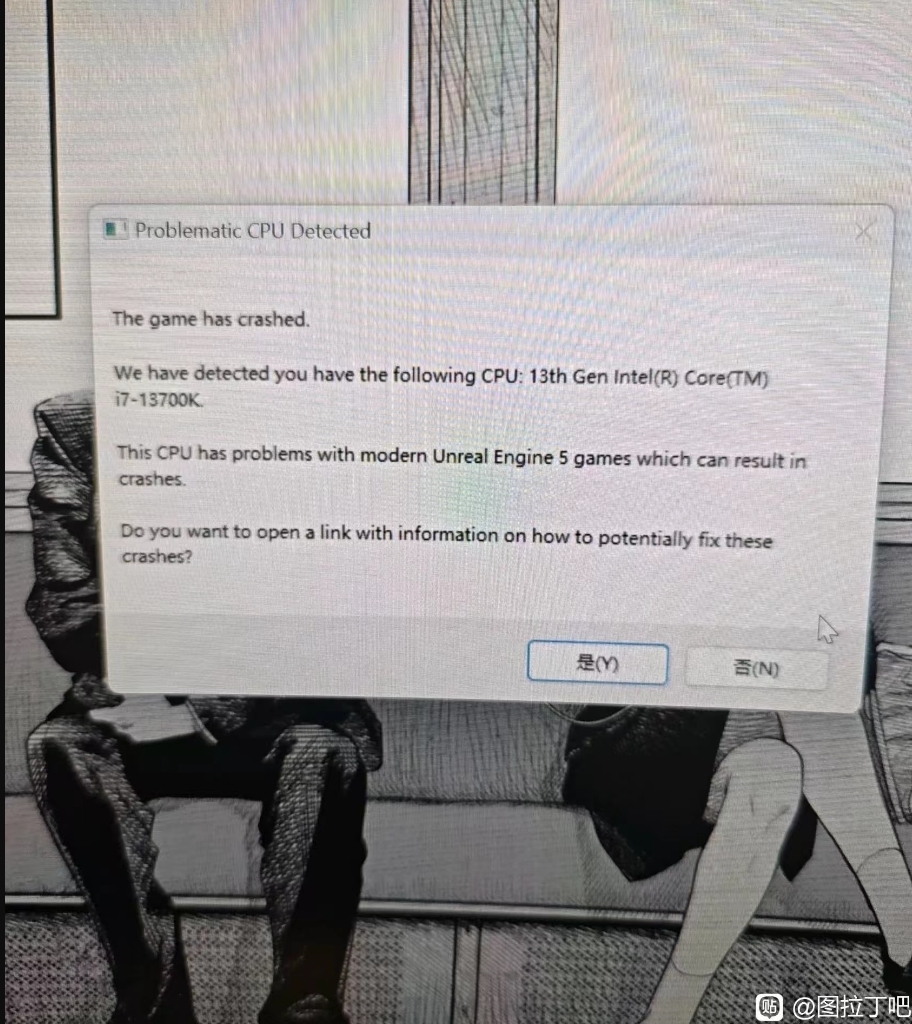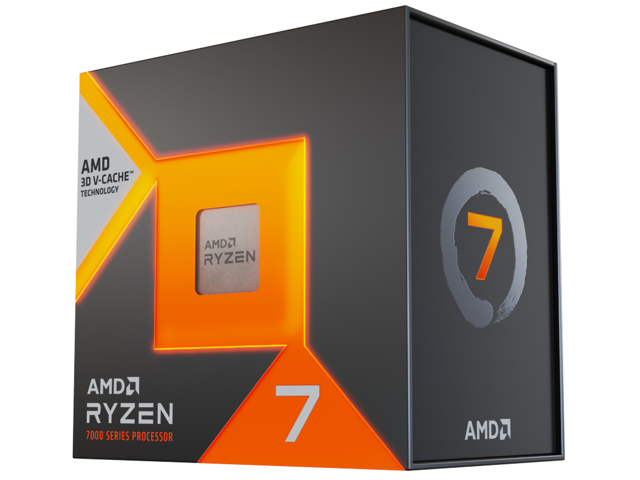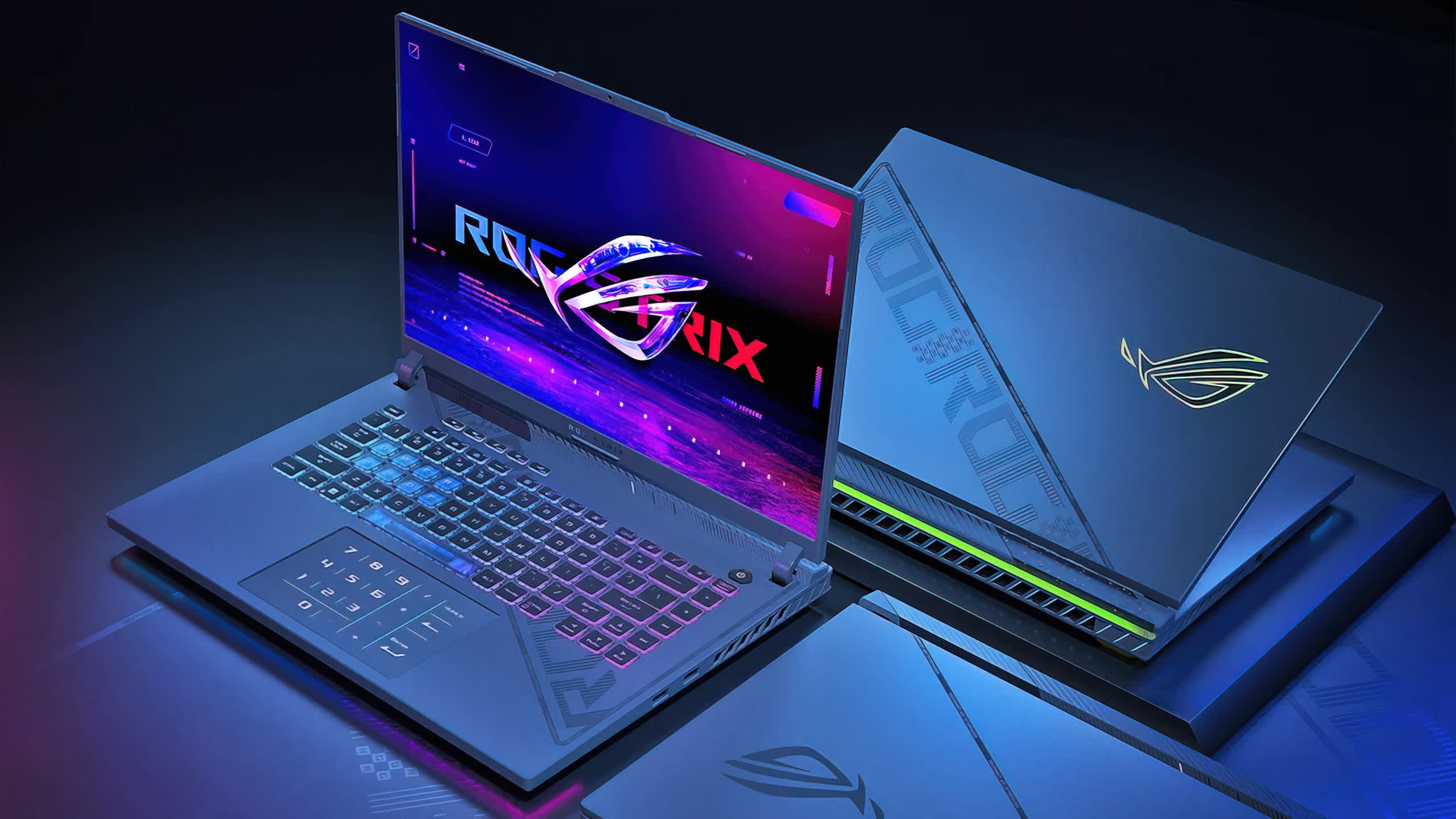winjer
Gold Member
What the fuck?! That is NOT acceptable. Holy shit. I didn't think it was THIS bad.
And the worst part is that Intel is still not sure of what is causing these issues.

What Intel didn’t write on Reddit but thinks internally - The search for the solution to the Raptor Lake S instabilities continues (Leak) | igor´sLAB
I already posted yesterday in a news item and briefly commented on what Intel officially published on the night of 22 July 2024 via Reddit as a kind of interim report. However…
– Intel observes a significant increase to the minimum operating voltage (Vmin) across multiple cores on returned affected processors from customers.
– This increase is similar in outcome to parts subjected to elevated voltage and temperature conditions for reliability testing.
– Factors contributing to this Vmin increase include elevated voltage, high frequency, and elevated temperature.
– Even under idle conditions at relatively cool temperatures, sporadic elevated voltages are observed when the processor is resumed from low power states in order to service background operations before entering a low power state again.
– At a sufficiently high voltage, these short-duration events can accumulate over time, contributing to the increase in Vmin.
– Intel analysis indicates a need to reduce the maximum voltage requested by the processor in order to reduce or eliminate accumulated exposure to voltages which may result in an increase to Vmin.
– While Intel has confirmed elevated voltages impact the increase in Vmin, investigation continues in order to fully understand root cause and address other potential aspects of this issue.
––Intel—













